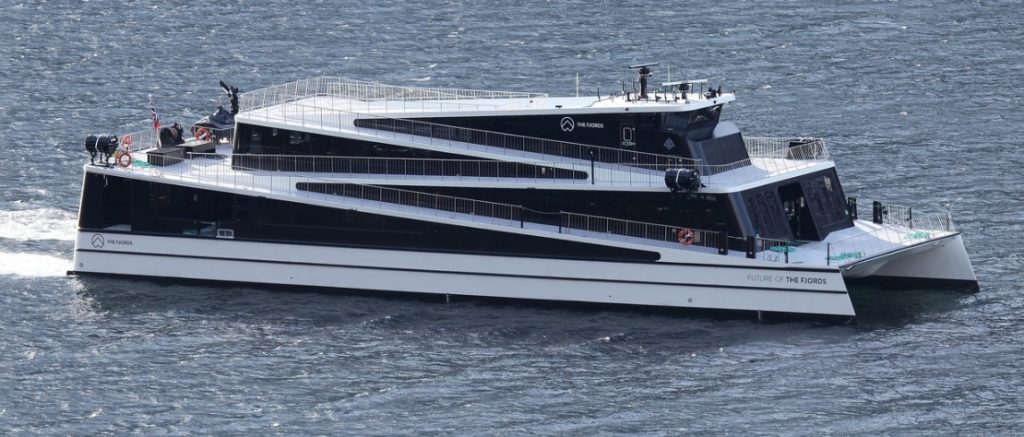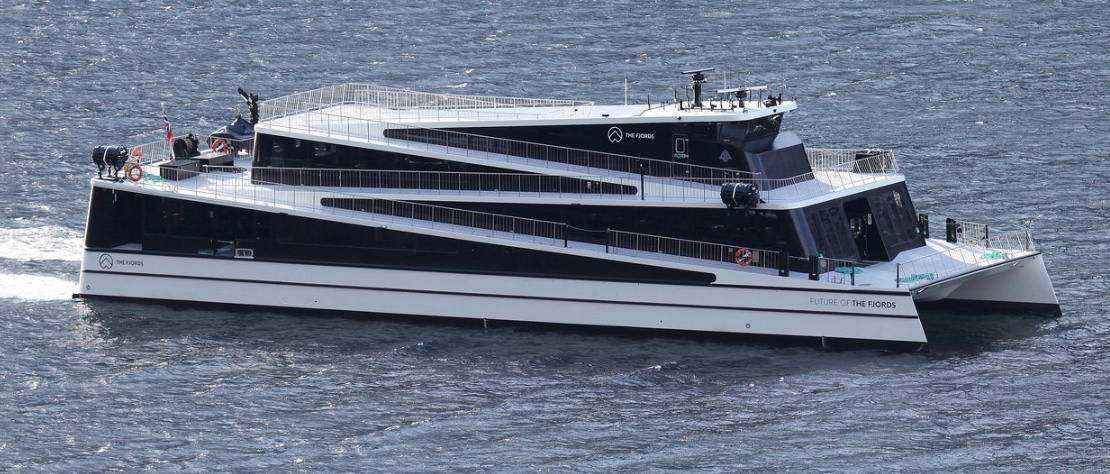
Maritime Transportation Side-event at COP-24
"We believe that the maritime industry can deliver on this target – even if we don’t exactly know how, yet". (Anonymous maritime Industry stakeholder statement)

Pictured: electric ferry Future of The Fjords. Credit: Brodrene AA
According to the ITF World Transport Outlook 2017, emissions from maritime transport could increase by 60 percent by 2050, despite expected significant technology progress.
In April 2018, The International Maritime Organisation (IMO) agreed to 50 percent reduction by 2050 compared to 2018 levels as their response to the Paris agreement. How should this reduction be achieved? What kind of solutions and policies can deliver these reductions?
This event focused on what kind of policies needed to be put in place to achieve deep emission reductions in the maritime sector. Technical measures, alternative fuels as well as electrification of maritime transportation was discussed. This side-event brought together representatives from the maritime industry, NGOs, International Maritime Organisation (IMO) and members of the European ferry electrification initiative called E-Ferry. What can these measures look like, and what policies are needed? Can electrification and electro-fuels play a significant role in decarbonising the maritime sector?
- Dr. Edmund Hughes, IMO: “Initial IMO Strategy on reduction of GHG emissions from ships and programme of follow-up actions to 2023″
- Faig Abbasov, Transport&Environment: “Zero emission shipping – Role of Bottom-up actions“
- Ms. Cecilie Larsen, eFerry-project: “The E-ferry project and beyond- Potential and barriers“
- Svend Søyland, NER: “Electrifying Maritime Transport – will it make a difference?”
Additional materials:
- IMO input to the Talanoa Dialogue:
- DNVGL comment on new IMO-decision:
- https://www.dnvgl.com/news/the-imo-adopts-greenhouse-gas-reduction-strategy-116713
- ITF World Transport Outlook 2017:
- Transport&Environment: Roadmap decarbonising European Shipping
- E-ferry project
